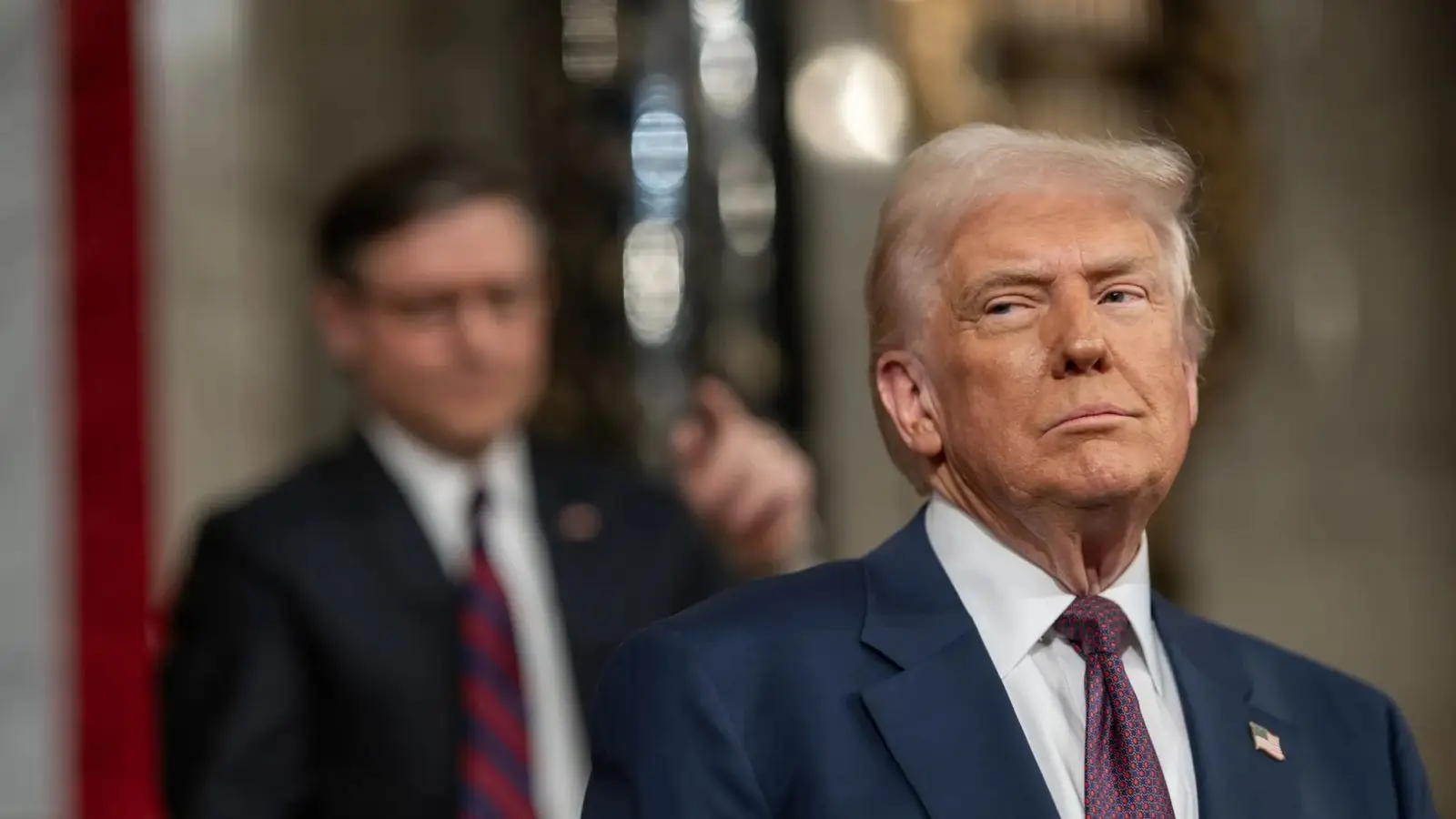Trump Confronts High-Stakes Choice on Taiwan as China Prepares


Beijing intensifies military drills near Taiwan as Trump faces a critical decision: maintain support for Taipei or risk direct confrontation with China.
The periodically escalating situation around Taiwan is forcing U. S. President Donald Trump to confront a stark choice: scale back support for the island or prepare for a direct confrontation with China. This dilemma is the focus of an article published by Vzglyad.
Observers note that Beijing is actively preparing for a potential military escalation. At the Zhurihe training grounds, Chinese forces are conducting regular exercises simulating assaults on mockups of key government buildings in Taipei — including the presidential palace, ministries, and other critical sites.
This growing pressure has raised alarm among Taiwan’s leadership, which has long relied on Washington’s support. Beijing, meanwhile, views reunification with Taiwan as a strategic objective enshrined in China’s political program since 1949.
For now, Beijing continues to pursue political means to resolve the Taiwan issue, aiming to avoid large-scale infrastructure damage and protect the island’s semiconductor industry. However, as the U.S. seeks to relocate chip production to its own territory, Chinese authorities may consider more forceful actions, including military intervention.
Taiwan’s government is trying to maintain a delicate balance — strengthening defense cooperation with Washington without provoking an open confrontation with Beijing. China, for its part, has warned that it does not rule out a military scenario if its national interests are threatened.
Amid mounting tensions, Taipei has requested the delivery of four additional Patriot air defense systems and 500 interceptor missiles from the United States. Analysts interpret this as a clear signal of Taiwan’s and Washington’s determination to maintain their security partnership in the face of growing Chinese pressure.
At the same time, trade talks between Beijing and the White House continue. U.S. media previously reported that China offered to scale back tensions in exchange for a trillion-dollar investment deal — a proposal tied to Washington’s stance on Taiwan. Earlier, Trump had imposed a 34% tariff on Taiwanese goods, later reducing it to 20%.